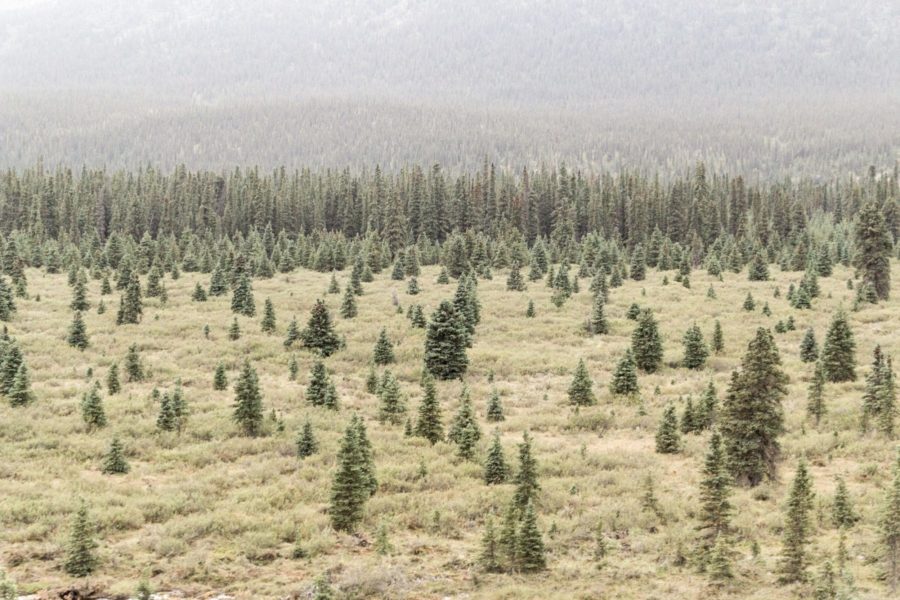Restoration of European Forests: La Statale takes part in the new EU project SUPERB
A new European project aims to restore biodiversity by putting together results of research and best practices. DiSAA team is led by Professor Giorgio Vacchiano
SUPERB (Systemic solutions for Upscaling of urgent Ecosystem Restoration for forest-related Biodiversity and ecosystem services) is the new European project that aims to promote a transformative change towards large-scale forest and forest landscape restoration. SUPERB will empower decision makers in taking just and informed decisions for the restoration of biodiversity, ecosystem services, and carbon sequestration, minimizing trade-offs and maximising ecosystem services.
Giorgio Vacchiano, Professor of Forest management and planning, and his team among the projects’ partners.
The project, which is coordinated by the European Forest Institute, will bring together 36 European bodies for four years, including research institutes and universities, as well as 90 representatives of government agencies, non-governmental organisations and associations involved in the management and protection of biodiversity in various ecosystems, with a particular focus on forestry.
SUPERB partners will share knowledge and results with other initiatives related to the governance, management and adaptation of forest ecosystems to climate change that have proven, or will prove, to be effective in restoring the area covered. In particular, SUPERB will cover 12 macro-areas, located in 13 different European countries, focusing not only on the most urgent problems of forest restoration, but also the entire socio-ecological system related to the demand of goods and ecological services.
The results achieved and the best practices outlined by SUPERB will feed into guidelines, recommendations and tools useful for all stakeholders involved in forest restoration, and accessible online on a multilingual web portal on Forest Ecosystem Restoration.
As stated by Professor Giorgio Vacchiano: “Together with Parco Nord Milano, UniMi will be responsible for the creation of new mixed forests in the metropolitan area of Milan: not just parks or tree plantations, but permanent woodlands, which will be maintained and monitored in their early stages of development during the four-year project. The challenge will be to understand what is the best mix of species to create new forests with high biodiversity and climate resilience. Moreover, we will devote part of the study to monitor the effects of planting new trees on soil characteristics and ecological corridors in the heart of the metropolis of Milan.“

